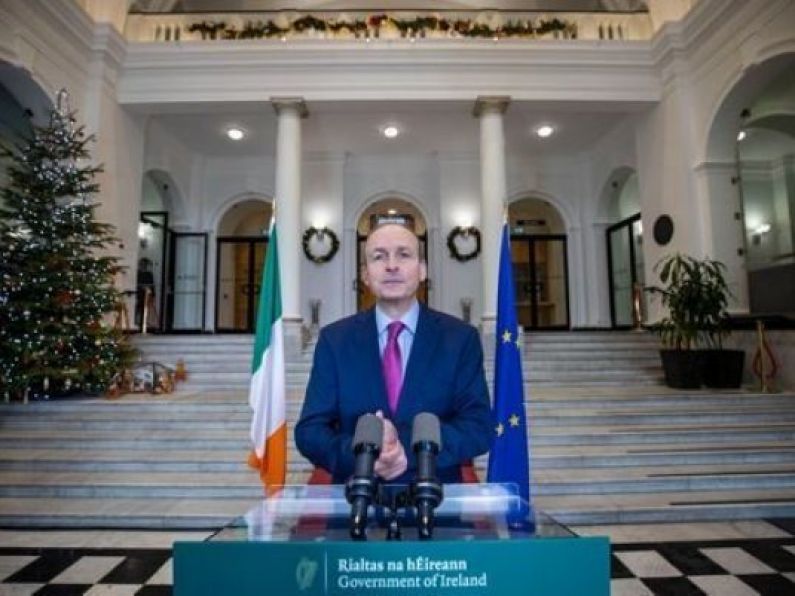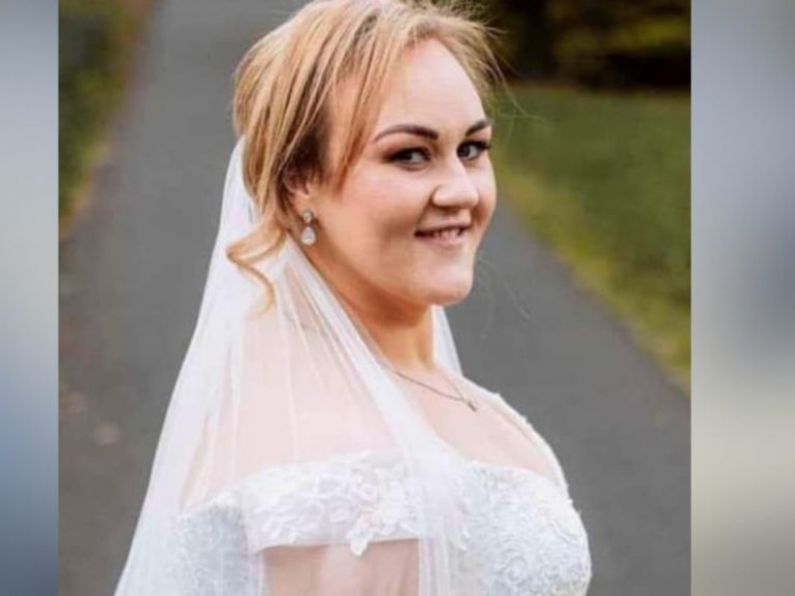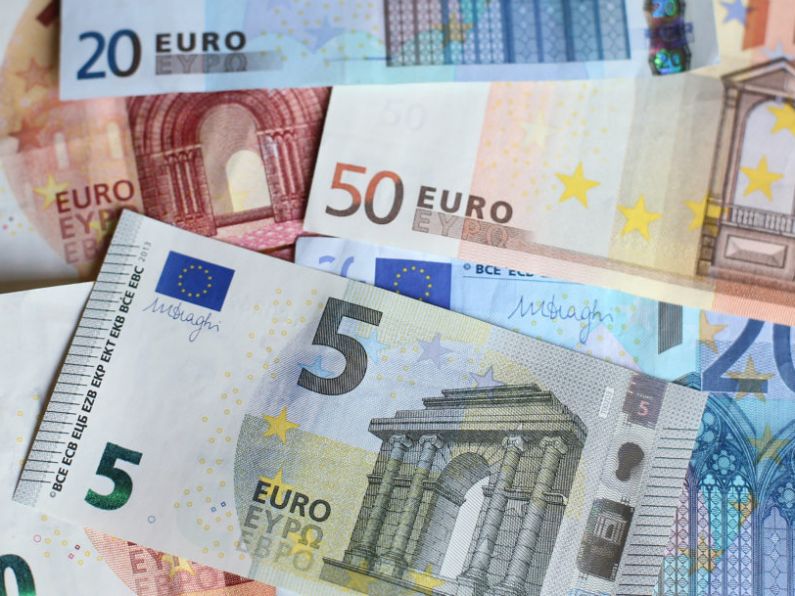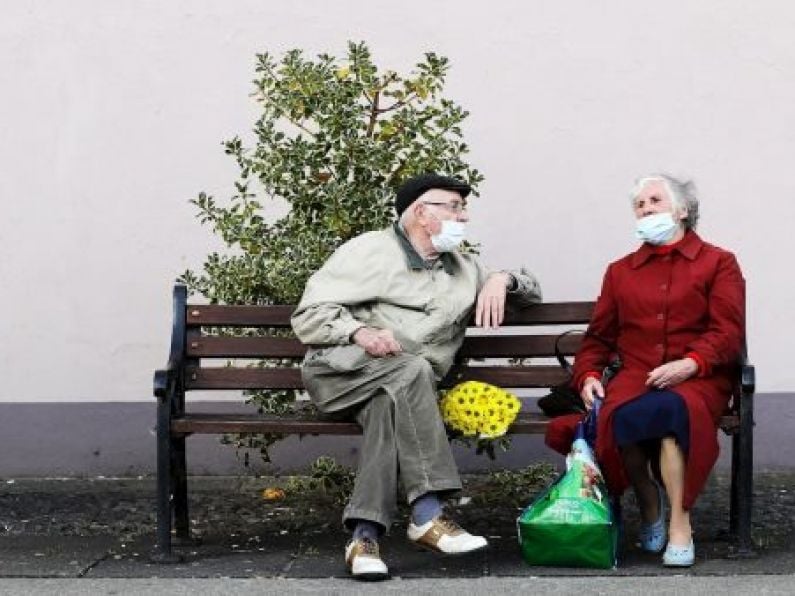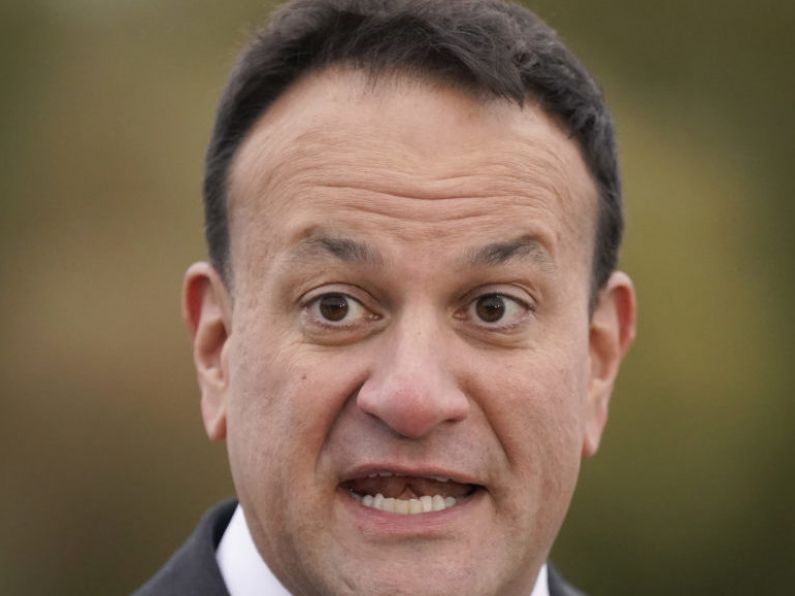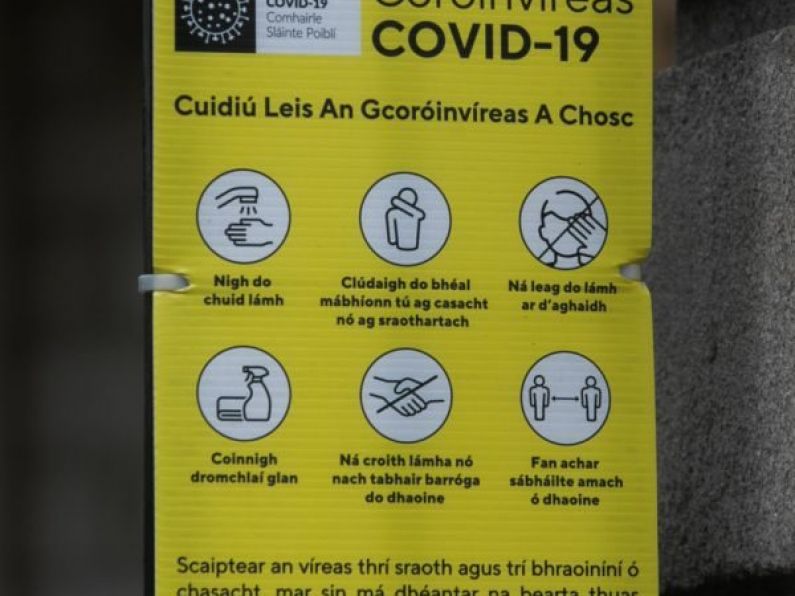James Cox
13 further Covid-19 related deaths and 970 additional cases have been confirmed in the Republic of Ireland today with the country set to enter new Level 5 restrictions.
There have been a total of 2,171 Covid-19 related deaths in Ireland.
As of midnight Monday, December 21st, the Health Protection Surveillance Centre (HPSC) has been notified of 970 confirmed cases of Covid-19. There is now a total of 81,228 confirmed cases of coronavirus in Ireland.
Of the cases notified today:
- 470 are men/494 are women.
- 64 per cent are under 45 years of age.
- The median age is 37 years old.
- 348 are in Dublin, 60 in Limerick, 59 in Cork, 59 in Wexford, 55 in Louth and the remaining 389 cases are spread across 20 other counties.
As of 2pm today, 238 Covid-19 patients are being trated in hospital, of which 28 are in ICU. 23 new Covid-19 cases have been reported in Irish hospitals in the past 24 hours.
Wexford has substaintally the highest amount of new cases in the South-East with 59, followed by Kilkenny (29), and Waterford (27).
Carlow has had 10 new cases of the virus, while Tipperary has had eight.
Chief medical officer Dr Tony Holohan said: “The current trajectory of the disease in the community is of grave concern. In the last seven days to midnight Monday, we have reported 4,478 cases, an increase of more than 110 per cent over the preceding week. In the last five days, we have seen extraordinary growth in the incidence of the virus across the country, significantly increasing the level of risk associated with the kind of inter-generational mixing that is normally experienced over the Christmas holidays.
“To protect ourselves, our families and our vulnerable loved ones in particular, further economic and social restrictions will begin to be introduced from Christmas Eve. It is up to each one of us to rethink our plans for this Christmas period, especially when it comes to visiting older or more medically vulnerable family members and friends.”
National vaccine programme
He added: “With the authorisation of the first Covid-19 vaccine by the European Commission yesterday, our national vaccine programme can begin in the very near future and this gives us cause for hope.
“However, widespread vaccination of the population will take time, so we need to continue to adhere to the public health advice on hand washing, keeping 2m distance, wearing face coverings where appropriate, covering our coughs and reducing our social contacts for the duration of the Level 5 restrictions. By working together we can reduce the spread of COVID-19 and safeguard our schools and our hospitals.”
From 3pm on Christmas Eve restaurants and pubs that serve food will have to close, while hairdressers, barbers, beauticians, cinemas and galleries will also shut on the 24th.
Non-essential retail can remain open but is being asked to postpone January sales.
Gyms and leisure centres may also stay open for individual training only. Non-contact training in pods of up to 15 may take place outdoors, but no matches or events should take place, except for professional/elite sports and horse/greyhound racing behind closed doors.
From midnight on the 26th, inter-county travel will be restricted, but with exemptions for people getting home after the Christmas break.
Hotels may only open for essential, non-social, non-tourist purposes after Christmas Eve.
Household visits
Schools, early learning and childcare services remain open, while higher, further and college education should remain online.
From December 27th, people will only be allowed to have visitors from one other household in their home, up to December 31st.
From January 1st, no household visits will be permitted unless it is for essential care-giving reasons or part of a support bubble arrangement.
Christmas Day mass will be the last one of the year as worship will move online from the 26th. Weddings will be allowed to have 25 attendees until midnight on January 1st, then reducing to just six people from the 2nd.
The travel ban from the UK has also been extended until the end of the year.
===
Meanwhile HSE chief executive Paul Reid has confirmed two new pop-up swabbing centres have been setup in the South-East.
New centres in Wexford and Waterford have been established, as the highest daily number of Covid-19 community swabs were carried out yesterday.
HSE chief executive Paul Reid says 14,000 took place in swabbing centres alone.
Further centres are also now in place in Donegal and Slane, Co Meath.
